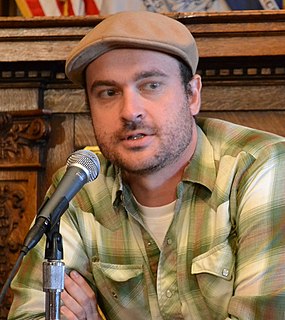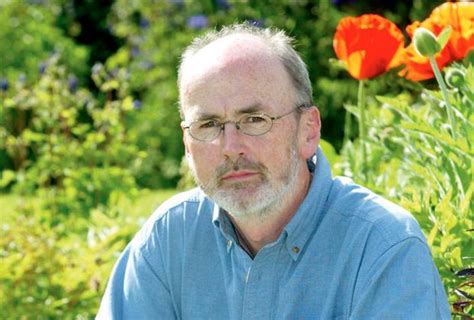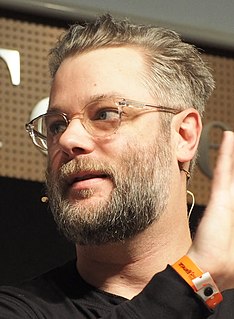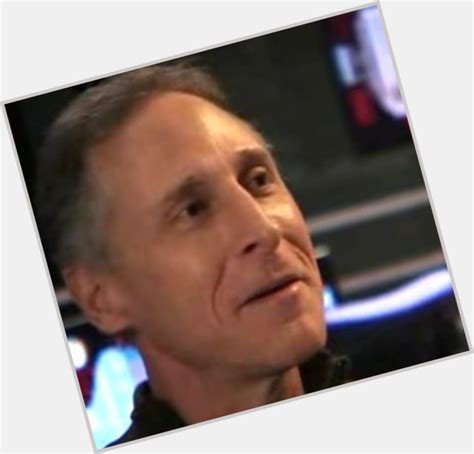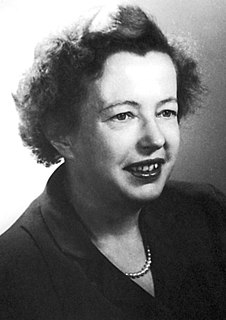A Quote by Daniel H. Pink
The monkeys solved the puzzle simply because they found it gratifying to solve puzzles. They enjoyed it. The joy of the task was its own reward.
Related Quotes
Puzzles are great because they're fun. But really we are drawn to puzzles because they can be solved. We love the idea of being able to put a puzzle together and it being complete: you do it perfectly, step away, and you've completed the job. There's a deep satisfaction from that, and I think we wish for the ability to do that with everything. But emotions just don't work that way, people don't work that way, relationships don't work that way.
Never carry things on from the past. The past is gone. Every moment be rid of it, solved or unsolved. Drop it - and don't carry parts because those parts won't allow you to solve new problems that live in this moment. Live in this moment as totally as possible, and suddenly you will come to realized, that if you live it totally, it is solved. There is no need to solve it. Life is not a problem to be solved, it's a mystery to be lived.
You know, people call mystery novels or thrillers 'puzzles.' I never understood that, because when I buy a puzzle, I already know what it is. It's on the box. And even if I don't, if it's a 5,000-piece puzzle of the 'Mona Lisa', it's not like I put the last piece in and go, 'I had no idea it's the 'Mona Lisa'!'
Stop trying to figure it out. I love puzzles, but when I'm done putting together a puzzle, I feel accomplished, and then I wonder, "What's next?" Then I go start another puzzle. Life is a puzzle that I feel like we'll never fully put together. And I like that because, ultimately, I don't want to have life figured out and then wonder, "What's next?" That seems scary to me.
The expression I use: Pain + Reality = Progress. Whenever I would have a painful mistake, I started to view that as puzzles that would give me gems if I could solve the puzzle. So, it made me thoughtful - what should I do differently next time? That was the puzzle. And the gem was some principle for handling the same thing when it came along again, and then I would write it down. And by writing it down and referring to it, and also being able to show it to other people so that we could agree that that was a good way of handling that thing - that was very, very powerful.

